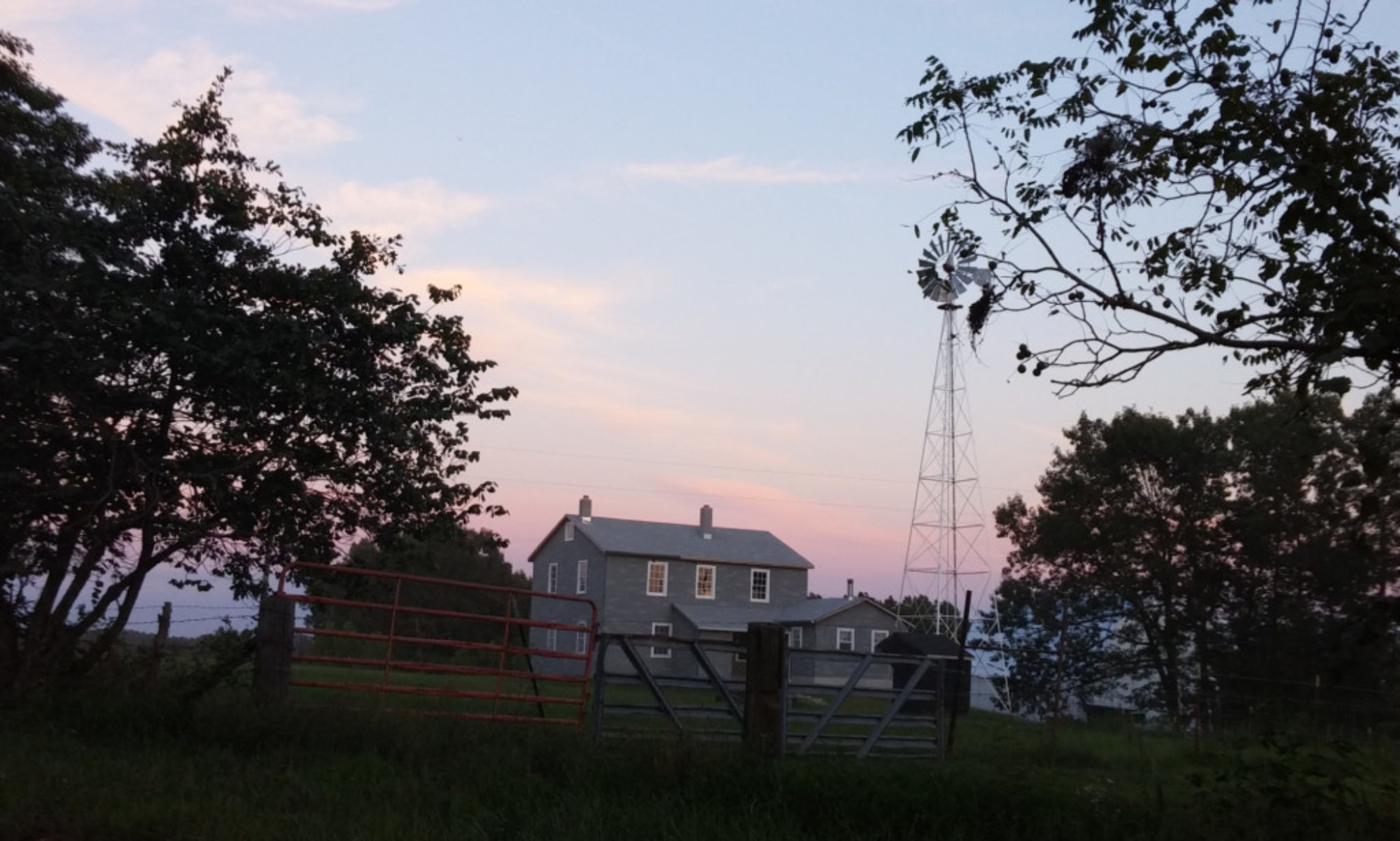From Kyle Rittenhouse to COVID-era business owners, citizens’ rights are threatened by governments’ licensing powers.
Gun control in America is a perpetual debate. From Gun Confiscation Orders (i.e. Red Flag Laws), a national registry (i.e. universal background checks), prohibitions on standard-capacity magazines, age restrictions, licensing, and prohibitions on where a person may carry a firearm, governments at all levels are constantly attempting to reinterpret our Second Amendment rights.
Americans are expected to take these arguments at face value; that they are intended to keep us safe. But in reality, these laws are methods to control not the weapon, but the individual.
This became obvious recently in both the tone and severity of the response surrounding Kyle Rittenhouse, the teenager charged with fatally shooting two people amid the riots in Kenosha, Wisconsin. Rittenhouse and his lawyer say he shot in self-defense. But the narrative in both mainstream and social media has prejudged his guilt: the young Rittenhouse is a racist who wasn’t able to legally carry a firearm and acted on a premeditated plan to kill. He even crossed state lines to do it.
The debate’s framing is instructive, however. Rather than grappling with why the riots were allowed to go on in the first place, it focuses exclusively on whether or not Rittenhouse had broken any gun laws. Those opposed to what Rittenhouse had done tried to damage him in the court of public opinion by claiming he had broken some laws pertaining to the possession of firearms. But what they were really saying is, because the state of Wisconsin had not given Rittenhouse a license to carry a firearm to defend himself, he must be in the wrong.
Licenses are a way for the state to decide which rights a person can exercise and which ones they cannot. When a government has the power to approve or deny a right, the citizen immediately loses the upper hand to that government…..Read More
